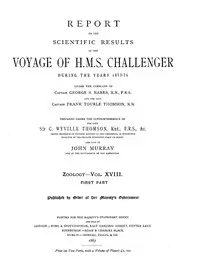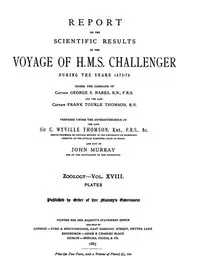"The Evolution of Man — Volume 2" by Ernst Haeckel is a popular scientific study written in the early 20th century. This volume focuses on the phylogeny, or evolutionary history, of humans and traces the developmental lineage from our earliest ancestors through various stages of evolution. Haeckel's work seeks to explain the connection between individual embryonic development and the broader evolutionary process, emphasizing the role of comparative anatomy and embryology in understanding human origins. At the start of the volume, the author introduces critical concepts of embryology and phylogeny, highlighting the significance of the lancelet and sea-squirt as key examples in understanding vertebrate evolution. Haeckel discusses the biogenetic law, which posits that ontogeny (development of the individual) recapitulates phylogeny (evolution of the species), and sets the stage for exploring detailed anatomical and developmental processes. By comparing the anatomical structures and embryological stages of these simpler organisms with those of humans, Haeckel aims to illustrate the evolutionary transitions that connect us to our ancient relatives, thereby laying a comprehensive framework for the subsequent chapters on human evolution. (This is an automatically generated summary.)

The Evolution of Man — Volume 2
By Ernst Haeckel
"The Evolution of Man — Volume 2" by Ernst Haeckel is a popular scientific study written in the early 20th century. This volume focuses on the phyloge...
Ernst Heinrich Philipp August Haeckel was a German zoologist, naturalist, eugenicist, philosopher, physician, professor, marine biologist and artist. He discovered, described and named thousands of new species, mapped a genealogical tree relating all life forms and coined many terms in biology, including ecology, phylum, phylogeny, and Protista. Haeckel promoted and popularised Charles Darwin's work in Germany and developed the influential but no longer widely held recapitulation theory claiming that an individual organism's biological development, or ontogeny, parallels and summarises its species' evolutionary development, or phylogeny.


















